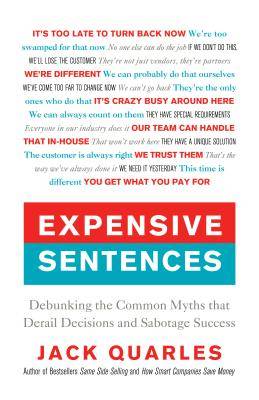
Just because the vacation season is in full swing doesn‘t mean executives will be unplugging, a Robert Half Management survey shows.
The human resources consulting company found that executives are still working while on summer vacation and are likely to check in with their employees daily.
Sixty-eight percent of surveyed chief financial officers said they‘re in touch with the office at least once a week while on summer vacation, a 20 point increase from a similar survey three years ago. Also, only 32 percent of finance chiefs expect to take a break from work while on vacation, down from 51 percent in 2012.
More than 2,200 chief financial officers from a random sample of companies in more than 20 of the largest U.S. metropolitan areas were asked, "During your summer vacation, how often do you typically check in with the office?"
According to the responses, 15 percent of executives said several times a day and 20 percent said once a day compared with 2012 results of 8 percent and 11 percent, respectively.
Damian Garcia, Las Vegas regional vice president for Robert Half Management, explains what these results mean for employee morale and how executives can remain in tune while out of the office.
Q. What can executives do to ensure a better work-life balance?
A: Trust your team. Let your staff handle as much as possible. Bring in interim professionals if needed. Try to take time off when you can and when youâre away from the office, do your best to avoid checking in.
Q: Why do you think executives feel the need to check in even while on vacation?
A: The demands and responsibilities of executives are extremely high and they may feel that they cannot disconnect completely. With mobile technology so readily available, checking in is more tempting and easier than ever.
Q. How can executives set an example of work-life balance for their employees?
A: Stay true to your out-of-office message. If you say youâll be inaccessible, trust your staff to handle situations that do not require your attention. This will set an example that âlife goes on,â which will encourage staff to do the same. Also, tap your successor for help. Your vacation can be an opportune time for your protégé to take on higher-level projects and prepare for an expanded role.
Q. How does checking in too often hurt the office?
A: Checking in the office too often can give staff the impression that they need to be dialed in 24/7 as well. The added stress can harm morale and, in the long term, possibly lead them to seek other opportunities that offer greater work-life balance.
Q. Why should executives break away from the office every now and again?
A. Breaking away from the office gives you a chance to recharge your battery and improve overall work performance. Leading by example when it comes to taking time off benefits staff as well. They see that work-life balance is valued by the company and are able to pursue it. Added responsibility and trust placed in staff can improve overall job satisfaction as well.
Q: If something requires an executive‘s attention while theyâre on vacation, how can they remain in the office loop while out of the office?
A. Clarify with staff what constitutes a crisis and what situations require your input before departing on a vacation. Giving staff a heads up on potential issues and how to address them will help set expectations. If you absolutely need to check in, schedule a time to do so, once a day or once a week. Make your staff aware of this designated time to contact you so that other communication will be limited.
Q. Do you have any tips on adjusting back into the swing of things when returning from vacation?
A. It‘s always a good idea to take an extra day before returning to the office to adjust getting back in the groove. The first day back should be dedicated to catching up on outstanding issues. Try not to fill the calendar with meetings or other big commitments so you are not set back.







